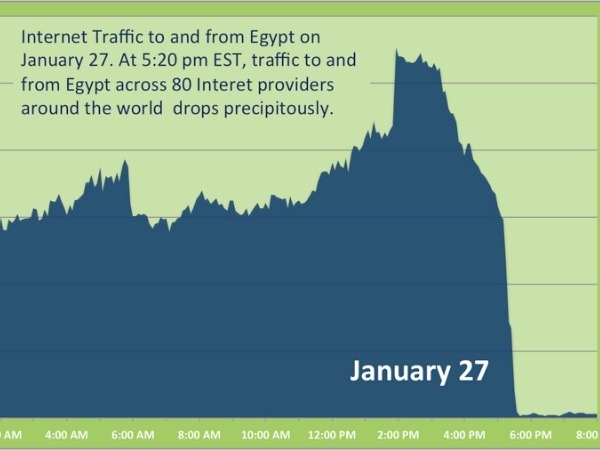
The good people at Twitter made a significant announcement on their blog recently, which figures for the alteration of two aspects of their widely popular micro-blogging service.
First, they announced a new policy of compliance with countries wishing to censor content on Twitter, “for historical or cultural reasons.” The culturally defined reasons cited by Twitter were how the federal governments in France and Germany, understandably, prohibit pro-Nazi rhetoric in public forums.
However, people in the tech community have already said that this policy will likely have more significance in Middle Eastern countries, where theocratic regimes sometimes strictly enforce what they perceive as anti-religious speech.
“Until now, the only way we could take account of those countries’ limits was to remove content globally,” said the post. “Starting today, we give ourselves the ability to reactively withhold content from users in a specific country, while keeping it available in the rest of the world.”
The second aspect of this announcement had to do with the site’s cooperation with Chilling Effects, where Twitter will make public every post taken down. As of yet, the archive only shows violations of the Digital Millinneum Copyright Act (DCMA) comprised of 4,410 cease and desist notices going back to Novemeber 2010.
No doubt the Chilling Effects Twitter archives will soon show the above-mentioned “culturally and historicallly”-defined initiative, as well.
The reaction within the tech community to Twitter’s compliance with locally-determined censorship has been two-sided. In general, tech people are against censorship of any kind. And yet the fact that Twitter is able to customize the parameters of their site around local customs, such that regions where Twitter would have been wholly unavailable can now work in a limited capacity, is also somewhat begrudingly seen as a good thing.
Also, the tech community has applauded Twitter’s decision to make transparent their removal of Tweets.
The biggest fear articulated among Twitter users has to do with the role the microblogging site’s role in public protests, like those in the Arab Spring uprising, that Twitter as a means to organize anti-government demonstrations will be curtailed by these new policies.
“#TwitterCensored” became a Trending Topic in the United Arab Emirates Friday, and some users have called for a boycott of the site on Saturday, January 28. One Twitter account associated with notorious hacktivist group Anonymous decried the change in policy. “ERROR 404 – Freedom not found #TwitterCensored #StopCensorship,” Tweeted @AnonIRC Friday.
Reporters Without Borders wrote an open letter to Twitter co-founder Jack Dorsey. “We urge you to reverse this decision, which restricts freedom of expression and runs counter to the movements opposed to censorship that have been linked to the Arab Spring, in which Twitter served as a sounding board,” wrote Reporters Without Borders director, Olivier Basille.
Others have speculated wether the implementation of this new policy had something to do with the investment of $300 million in Twitter by Saudi Prince Alwaleed bin Tala.



















